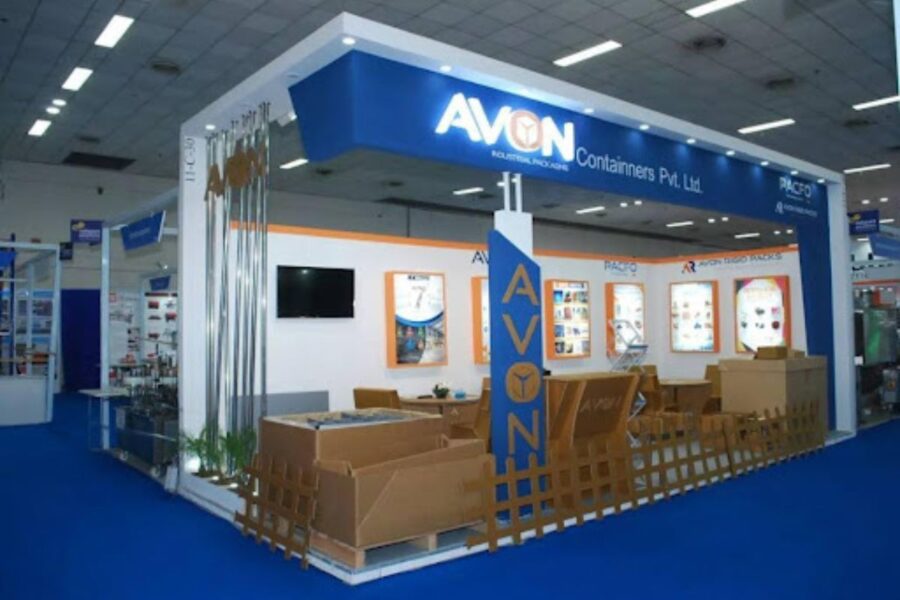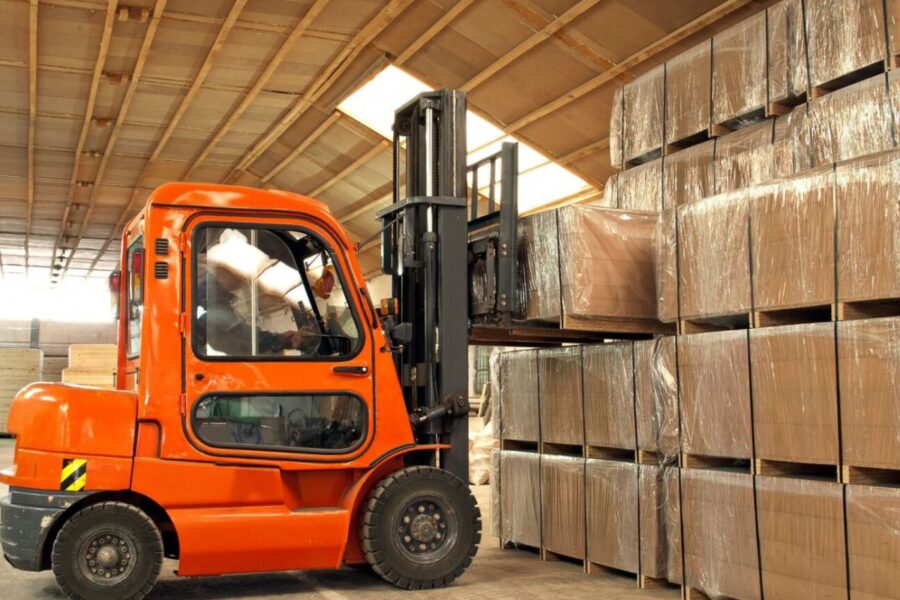In the world of e-commerce, packaging is more than just an aesthetic consideration; it is an important factor in client happiness and retention. It is critical to ensure that your products arrive to clients in good condition. As a result, having a thorough packaging strategy is essential. In this post, we provide a complete checklist of important packaging materials for e-commerce enterprises to ensure that each delivery delights clients.
Understanding The Importance Of Packaging Materials.
Packaging materials play a vital role in ensuring product safety during transportation. They not only safeguard, but also enhance brand reputation, sustainability initiatives, and consumer experience.
From cushioning sensitive items to protecting deliveries from external elements, the correct buy packaging material online may make a big impact on the journey from warehouse to doorstep.
Selecting The Right Box:
Selecting the appropriate box is critical for secure packaging. Choose sturdy corrugated cardboard boxes that can withstand the stresses of shipping.
Cushioning Materials:
Proper cushioning prevents product damage. Use bubble wrap, air cushions, or crumpled paper to provide enough protection against shocks and vibrations during shipment.
Sealing Solutions:
Invest in high-quality packaging tape to ensure goods are properly sealed. Make sure all seams are properly taped to prevent accidental openings during transit.
Essential Packaging Material Checklist For E-Commerce Businesses
Here’s a comprehensive checklist to streamline your packaging process and ensure the safe delivery of products:
1. Box Selection
Choose sturdy corrugated cardboard boxes appropriate for the size and weight of the product.
2. Cushioning Materials
Utilize bubble wrap, air pillows, or crumpled paper to provide adequate cushioning.
3. Sealing Solutions
Invest in high-quality packaging tape to securely seal packages and prevent tampering.
4. Labeling And Documentation
Clearly label packages with shipping addresses, product details, and handling instructions.
Include necessary documentation such as invoices and return labels.
5. Environmentally Friendly Options
Opt for eco-friendly packaging materials to align with sustainability efforts.
6. Branding Elements
Incorporate branded packaging materials to enhance brand visibility and customer experience.
7. Quality Control
Implement stringent quality control measures to ensure consistency and reliability in packaging.
8. Size And Weight Considerations
Select packaging materials based on the size, weight, and fragility of the product to minimize shipping costs and environmental impact.
9. Temperature-Sensitive Products
Use insulated packaging materials for temperature-sensitive products to prevent spoilage or damage.
10. Fragile Items
Employ extra padding and protective layers for fragile items to minimize the risk of breakage during transit.
11. International Shipping
Adhere to international packaging regulations and customs requirements for seamless cross-border shipping.
12. Returns Management
Include clear instructions and packaging materials for hassle-free returns and exchanges.
13. Customer Feedback
Solicit feedback from customers to continuously improve packaging practices and address any issues or concerns.
Choosing The Right Packaging Material
When choosing packaging materials for your e-commerce firm, numerous considerations should be considered:
Consider the type, size, and fragility of your products while selecting packaging materials.
Shipping Method: Choose whether your products will be transported using normal postal services, courier firms, or specialized carriers.
Brand Image: Make your packaging design consistent with your brand identity and target audience preferences.
Environmental Impact: Choose sustainable packaging materials to reduce your carbon footprint and appeal to environmentally sensitive consumers.
Budget Constraints: To optimize value, strike a balance between quality and cost-effectiveness while maintaining protection and aesthetics.
Frequently Asked Questions (Faqs)
How Can I Ensure My Products Are Adequately Protected During Transit?
To ensure product safety during transit, use sturdy corrugated cardboard boxes, ample cushioning materials such as bubble wrap or air pillows, and secure sealing solutions like high-quality packaging tape.
What Are Some Eco-Friendly Packaging Alternatives?
Eco-conscious e-commerce businesses can opt for recyclable cardboard, biodegradable peanuts, compostable mailers, and other sustainable packaging materials to minimize environmental impact.
Is Branding Important In E-Commerce Packaging?
Branding plays a crucial role in enhancing brand visibility and customer experience. Incorporate branded packaging materials to leave a lasting impression on customers and foster brand loyalty.
How Can I Optimize Packaging For International Shipping?
For international shipping, ensure compliance with packaging regulations and customs requirements. Use sturdy packaging materials, include accurate documentation, and provide clear instructions for customs clearance.
What Do I Do If A Consumer Want To Return A Product?
Streamline returns management by including clear return instructions and packaging materials in every shipment. Make the returns process hassle-free for customers to encourage repeat business.
How Can Customer Feedback Improve Packaging Practices?
Solicit feedback from customers regarding packaging quality, ease of opening, and overall experience. Use this feedback to identify areas for improvement and enhance packaging practices accordingly.
Also Read: List Of 8 Worst Food Ingredients For The Immune System
Conclusion:
In the competitive landscape of e-commerce, impeccable packaging is non-negotiable. By adhering to this essential packaging material online checklist, e-commerce businesses can ensure the safe and secure delivery of products, delighting customers with every shipment.









